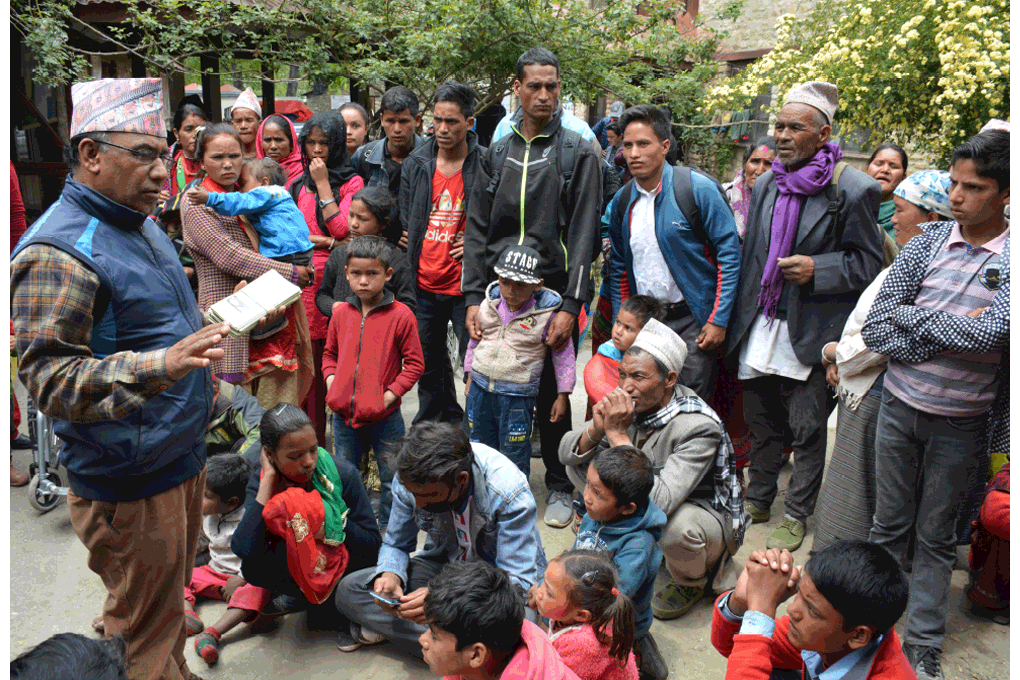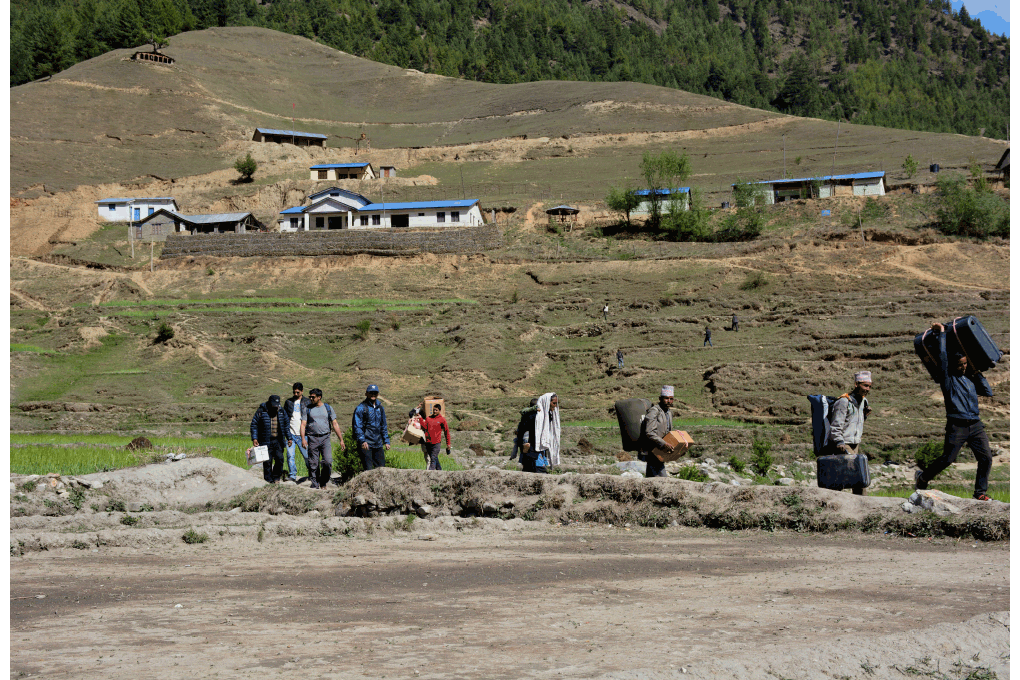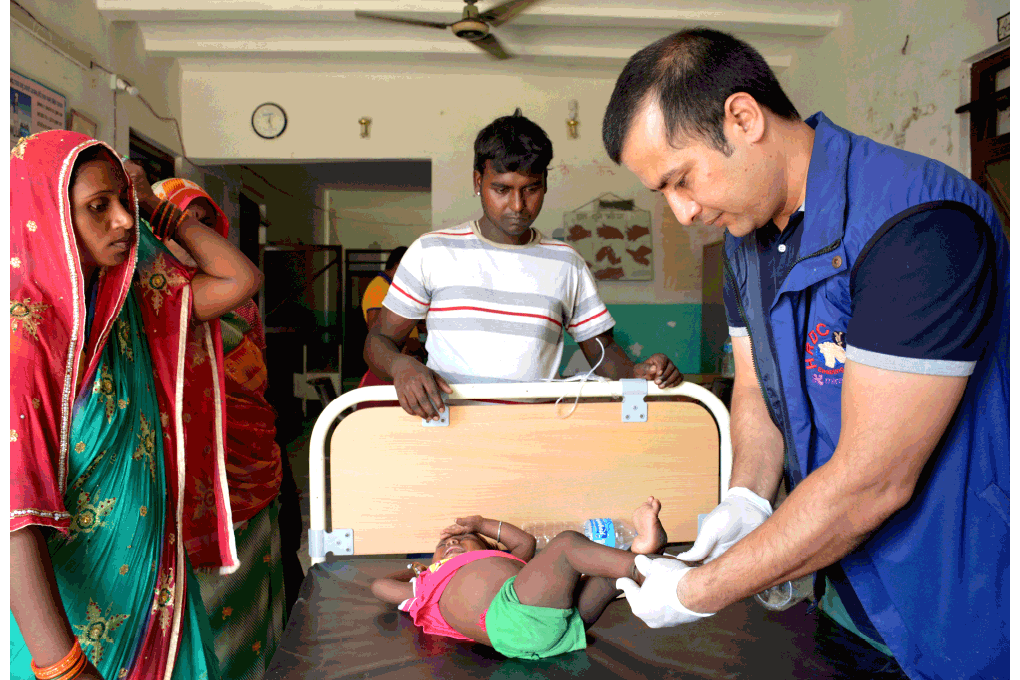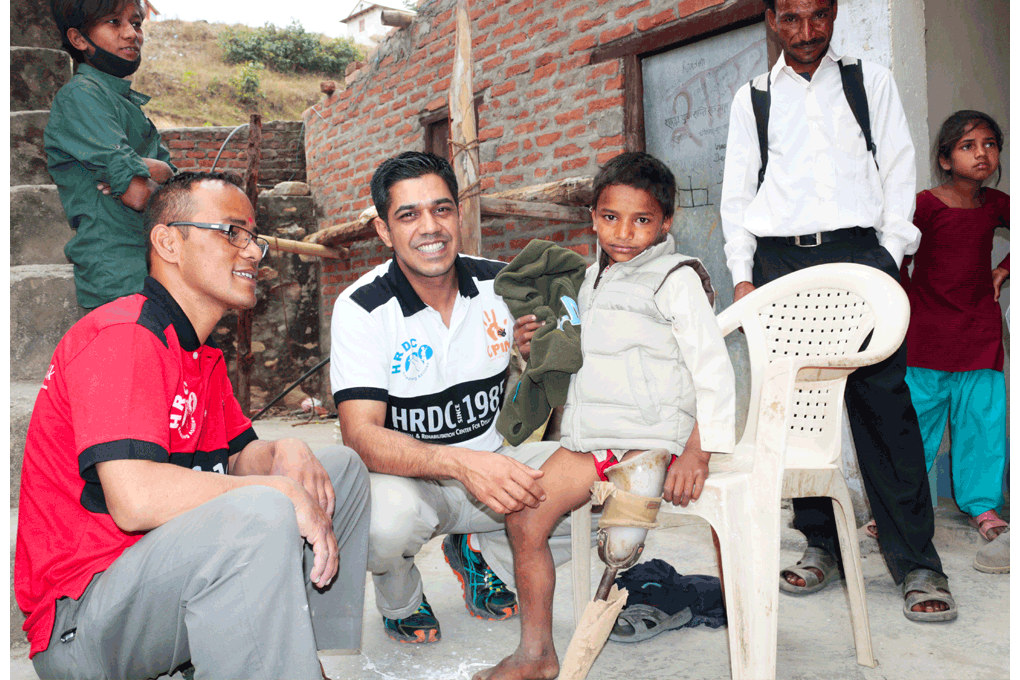Initiatives
पहल
IDENTIFICATION पहिचान
In Nepal disability is viewed as a curse, and poor disabled children are often kept isolated at home – away from prying eyes and taunts. Our 76 Community Based Rehabilitation workers are key to finding these children. With strong community ties and vast networks, they identify children in remote corners of Nepal who need our help. Families are encouraged to attend one of our mobile medical camps – every year we conduct 150 days in the field where children are evaluated and given a treatment plan. Depending on the disability, treatment takes place in the camp, at one of our four satellite centers, or at our hospital in Banepa. Our goal: to help children with physical disabilities reach their full potential.
Our Community Based Rehabilitation Program extends our impact with
on-the-ground staff, embedded in the community.
TREATMENT उपचार
In a low-resource country like Nepal, medical treatment is out of reach for the poorest. The result is that children with physical disabilities suffer complications not seen in more developed countries. With 40 years’ experience, we’ve created low-cost, world-class treatments for the most challenging conditions faced by any medical team. From spinal surgery to complicated releases of burn contractures, we perform an average of 2,500 surgeries every year in our 6 operating rooms. We also pioneered the non-surgical Ponseti method of clubfoot treatment in Nepal, healing more than 500 children a year.
We couldn’t do this work without qualified medical professionals. Every year we train 120 people in clubfoot management and Primary Rehabilitation Therapy (PRT), building an effective grassroots workforce. We also publish our research in medical journals, sharing our local knowledge and innovations with a global audience.











